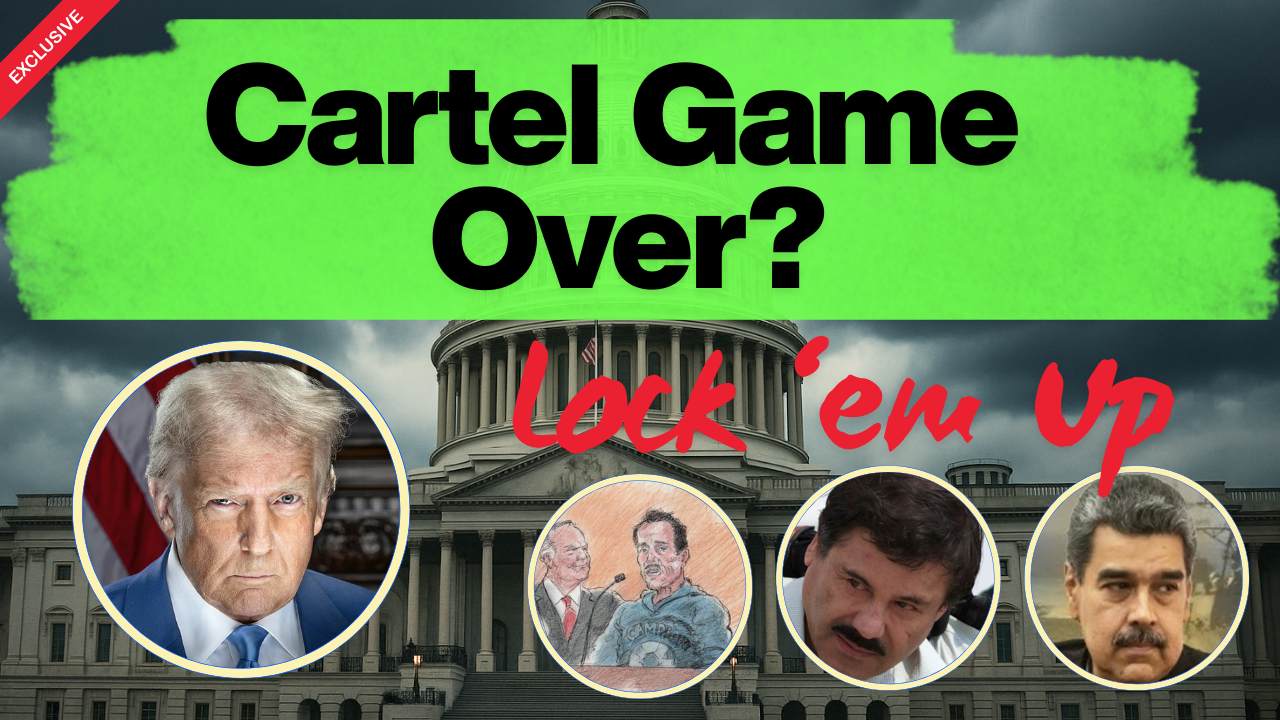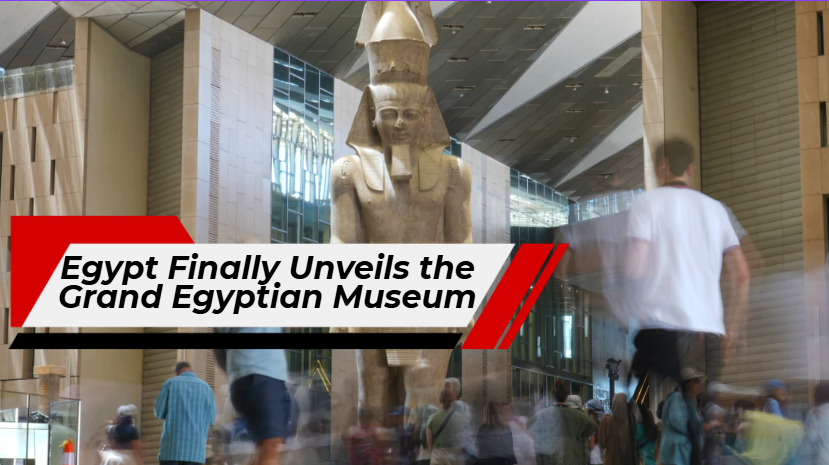Trump Crushes Narco-Terror: The Fall of Maduro, El Mayo, and El Chapo
By the Editorial Team | August 2025
In a dramatic escalation of the war on narco-terror, President Donald J. Trump has reshaped America’s posture on transnational organized crime by targeting the world’s most notorious cartel leaders. This summer, El Chapo, El Mayo, and Nicolás Maduro find themselves at the center of a crackdown that is as unprecedented as it is decisive.
```Trump’s approach is clear: no more tolerance, no more red tape, and no more elevation of criminals into pop culture anti-heroes. These men, responsible for hundreds of thousands of deaths due to cartel violence and drug trafficking, are now facing a full-force American response powered by intelligence, precision, and unapologetic executive authority.
The End of the Cartel Dynasty
El Mayo Zambada, long known as the invisible kingpin of the Sinaloa Cartel, had evaded law enforcement for over 30 years. He was finally apprehended last year in a quiet DEA-led operation supported by international agencies. This August, he is expected to plead guilty to sweeping narcotics and organized crime charges in New York. The significance of this moment cannot be overstated: a man who symbolized the dark myth of cartel untouchability has been brought to justice.
Meanwhile, El Chapo Guzmán, perhaps the most infamous drug lord of the century, remains locked in ADX Florence, Colorado’s ultra-secure Supermax prison. Though he is behind bars, his legacy persists through the network he helped build. But even that legacy is eroding. With El Mayo’s arrest, the remnants of Sinaloa’s leadership have begun to fracture, and Trump’s Justice Department is applying constant pressure to crush what remains.
Maduro’s Collapse: A Target at the Top
While El Mayo and El Chapo symbolize the muscle of the drug empire, Nicolás Maduro represents its political sanctuary. Accused of running Venezuela like a cartel state, Maduro faces indictments in the U.S. for drug trafficking and narco-terrorism. The Venezuelan military, under his command, has facilitated cocaine routes across Latin America for years—routes tied directly to the Sinaloa Cartel and Colombian suppliers.
Trump’s administration has aggressively cut off Maduro’s lifelines. Sanctions have crippled his economy. Intelligence operations, reportedly bolstered by flipped cartel informants like Zambada, are closing in on Venezuelan military officials involved in the Cartel de los Soles. U.S. military and CIA presence in the region has increased. The message is clear: Maduro’s time is running out.
The Power of the Terror Designation
Earlier this year, Trump fulfilled a campaign promise by officially labeling Mexico’s most violent cartels as Foreign Terrorist Organizations (FTOs). This game-changing move unlocked a suite of counterterrorism tools, allowing U.S. agencies to pursue cartel figures with the same authority used against al-Qaeda and ISIS.
Asset seizures. Drone surveillance. Cross-border intelligence sharing. And, crucially, the ability to hold foreign governments accountable for enabling terrorist organizations. In this context, Maduro’s collaboration with drug cartels is no longer merely criminal—it’s an act of terror against the United States.
The Collapse of the Drug Empire
For decades, the cartel economy was fueled by complacency, corruption, and media glorification. But now, under the weight of American sanctions and military precision, that empire is cracking. Thousands of kilos of fentanyl, heroin, and cocaine have been intercepted in the past year alone. Cartel safehouses have been raided from Tijuana to Culiacán. American and Mexican forces are working more closely than ever before.
Perhaps most importantly, the psychological war is being won. The cultural power of the cartels—their brand, their mystique—is being dismantled. Trump’s administration has shifted the narrative from glorification to condemnation. No longer are drug lords seen as untouchable. They are fugitives. Prisoners. Traitors.
Trump’s Strategic Doctrine
Unlike previous presidents, Trump isn’t bound by traditional diplomacy or the cautious politics of deterrence. His strategy is direct: label, isolate, and eliminate threats. His decision to pursue cartels with military intelligence and economic warfare isn’t just bold—it’s effective.
Through expanded joint-task forces, expanded drone flights along the border, and covert cooperation with Colombian, Guatemalan, and Panamanian counter-narcotics units, Trump has deployed the full strength of American resources to hit drug networks at every level.
And it’s not just enforcement—it’s influence. South American governments, once hesitant to align with U.S. efforts, are now emboldened by the results. The capture of El Mayo and the public collapse of Maduro’s political shield has inspired new regional commitments to root out corruption and reclaim national stability.
A Final Reckoning
The defeat of narco-terrorism is not a single operation—it is a doctrine, a campaign, a worldview. Trump’s mission has reframed the fight as not just about drugs but about national security, sovereignty, and the rule of law. His refusal to allow bureaucratic slow-walking has generated results that generations of politicians failed to produce.
With Zambada's guilty plea expected, Guzmán forever caged, and Maduro increasingly isolated, the global cartel machine is breaking down. The era of celebrity kingpins is ending—and the American president who brought the hammer down is making sure it stays that way.
There’s no glamour in the end of the story. No anti-heroes. Just justice served—decisively and unapologetically.
```%20(4).png)




.png)


.png)
